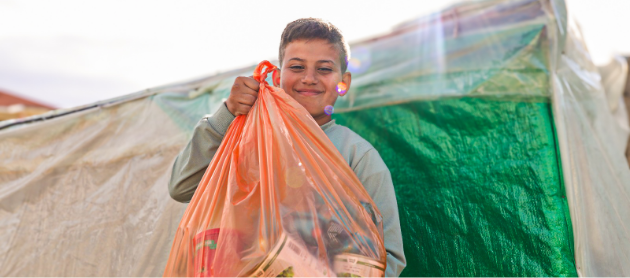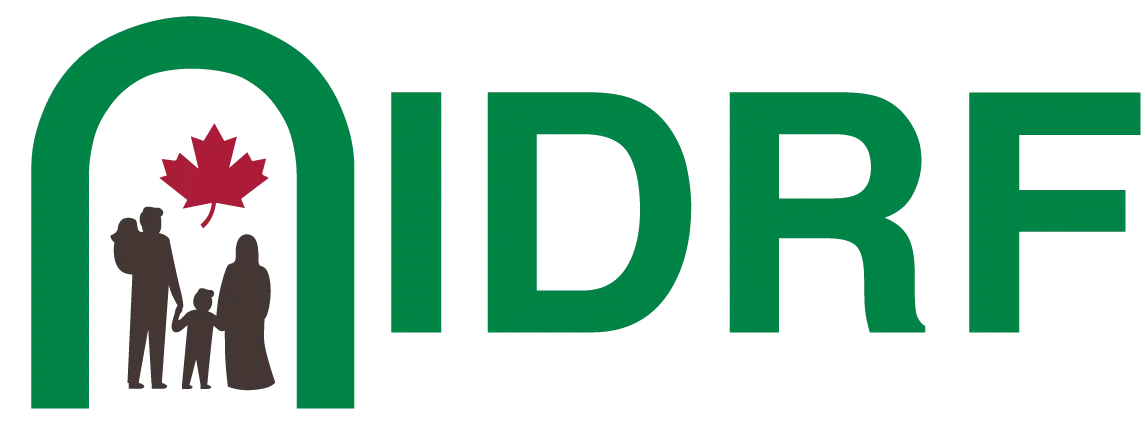Fulfill your obligations for just $15/person
Choose an amount to give
$15 for 1 person
Secure payment: All donations are secured by SSL encryption and protected by reCaptcha.
Fitrah or Zakat Al Fitr is a charitable act that must be completed before the end of Ramadan.
Each Fitrah contribution should be enough to cover one meal for one individual, and must be given on behalf of each member of your family. The cost of Fitrah is $15 per person, and can be donated to IDRF as part of your religious giving obligations.
IDRF has been providing Fitrah in Gaza for a number of years. We’re committed to ensuring that individuals in need, including orphans, widows and vulnerable people, don’t just receive a single meal — they receive food for the entire month of Ramadan. To do this, we provide five weeks of food, and an Eid gift to over 6000 people each year. Around 69% of our beneficiaries will be children, a quarter of these under 5 years old.

Empower vulnerable families
with your fitrah
Your donations relieve hunger
and uplift the
local economy
31,750
FRESH FOOD PARCELS DELIVERED DURING RAMADAN
150
LOCAL FARMERS PROVIDED WITH TRAINING AND REHABILITATING THEIR FARMS
You can make a one-time donation or sign-up to become a monthly donor through one of the following options:
- Visa or Mastercard, using the secure online donation on this website
- Visa or Mastercard, by phoning IDRF toll free at 1-866-497-IDRF (i.e. 4373) or (416) 497-0818
- Cheque or money order, payable to “IDRF” and mailed to IDRF, 23 Lesmill Rd., Suite 300, North York, ON M3B 3P6, Canada
We encourage you to consult with your financial advisor to select the most appropriate securities. Complete our transfer form on, instruct your broker to transfer the securities to us, and notify our Director of Impact, Zeina Osman ([email protected]). Click here to learn more.
